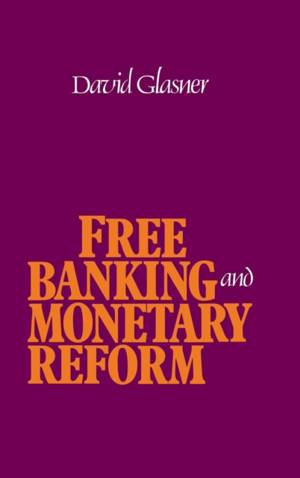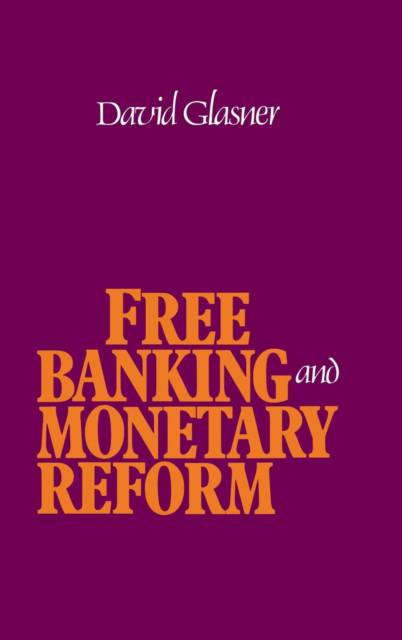
- Afhalen na 1 uur in een winkel met voorraad
- Gratis thuislevering in België vanaf € 30
- Ruim aanbod met 7 miljoen producten
- Afhalen na 1 uur in een winkel met voorraad
- Gratis thuislevering in België vanaf € 30
- Ruim aanbod met 7 miljoen producten
Zoeken
Omschrijving
The power of the state to issue currency and control the monetary system is so entrenched, and the presumption among economists that money must be supplied monopolistically by a central authority is so widespread, that the notion that money could be supplied competitively has rarely been taken seriously. This book boldly challenges the conventional view that the state must play a dominant role in the monetary system. Part I explores the historical evidence and examines how a well-developed monetary system might have developed without any special role for the state. Part II offers a theory for a competitive supply of money and uses it to shed light on the development of monetary theory and the course of monetary history over the past two centuries. In Part III the author outlines new proposals for monetary reform that will protect the financial system against instability and will ensure macroeconomic stability.
Specificaties
Betrokkenen
- Auteur(s):
- Uitgeverij:
Inhoud
- Aantal bladzijden:
- 294
- Taal:
- Engels
Eigenschappen
- Productcode (EAN):
- 9780521361750
- Verschijningsdatum:
- 25/08/1989
- Uitvoering:
- Hardcover
- Formaat:
- Genaaid
- Afmetingen:
- 155 mm x 231 mm
- Gewicht:
- 544 g

Alleen bij Standaard Boekhandel
+ 247 punten op je klantenkaart van Standaard Boekhandel
Beoordelingen
We publiceren alleen reviews die voldoen aan de voorwaarden voor reviews. Bekijk onze voorwaarden voor reviews.











